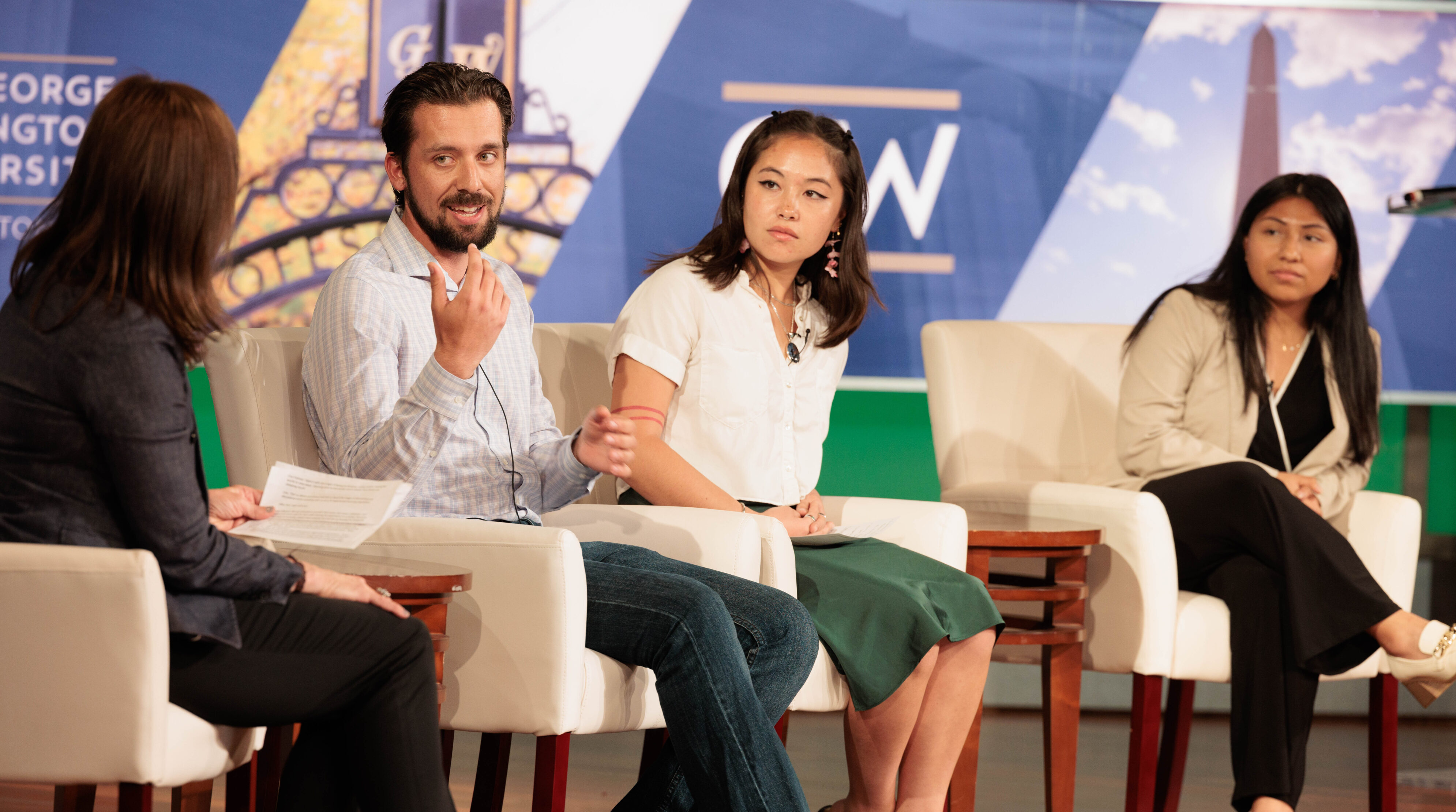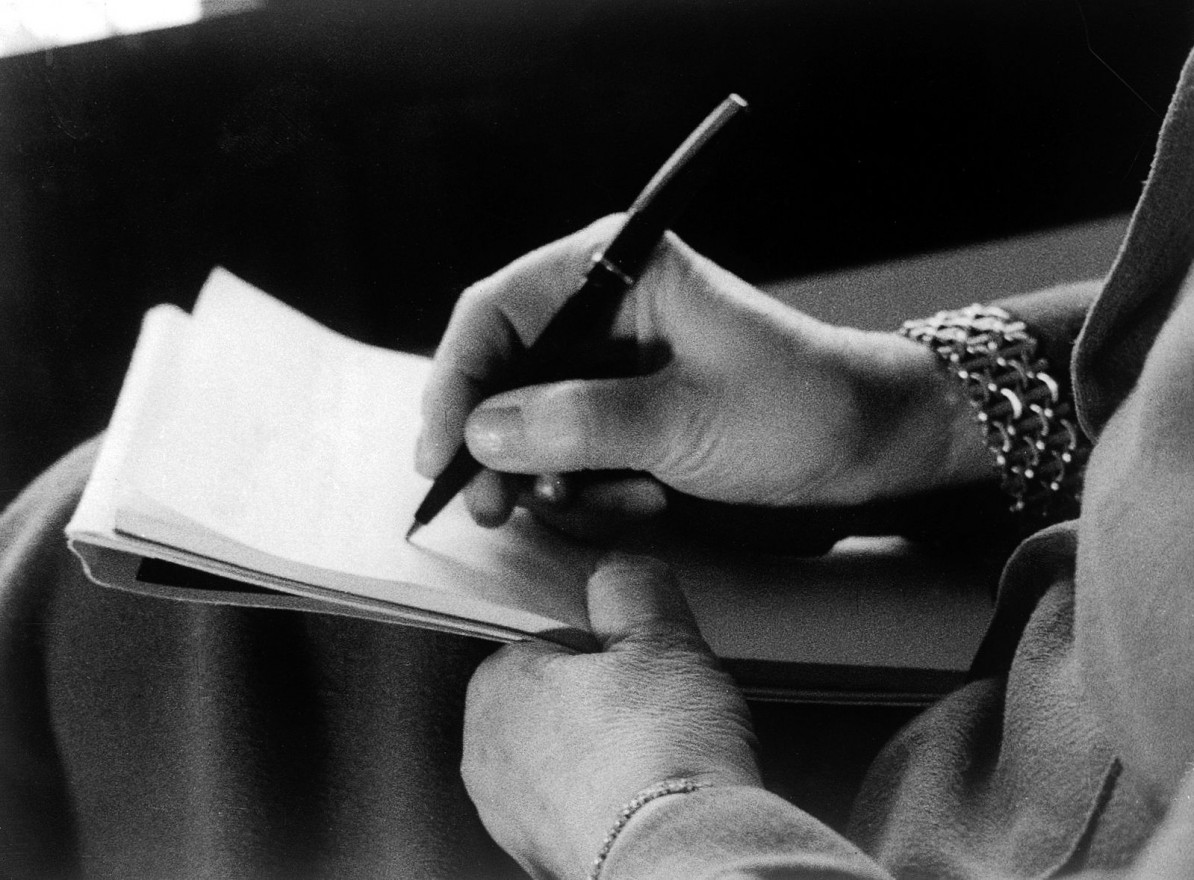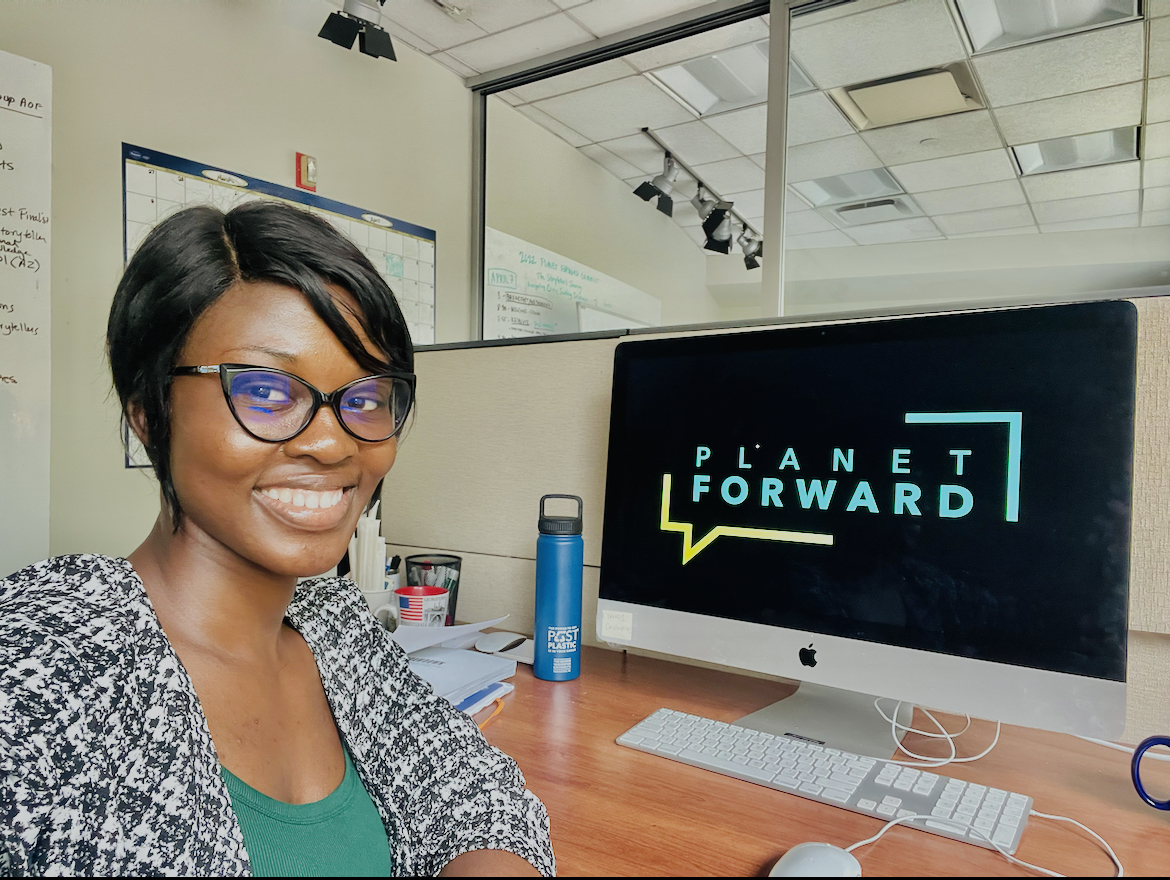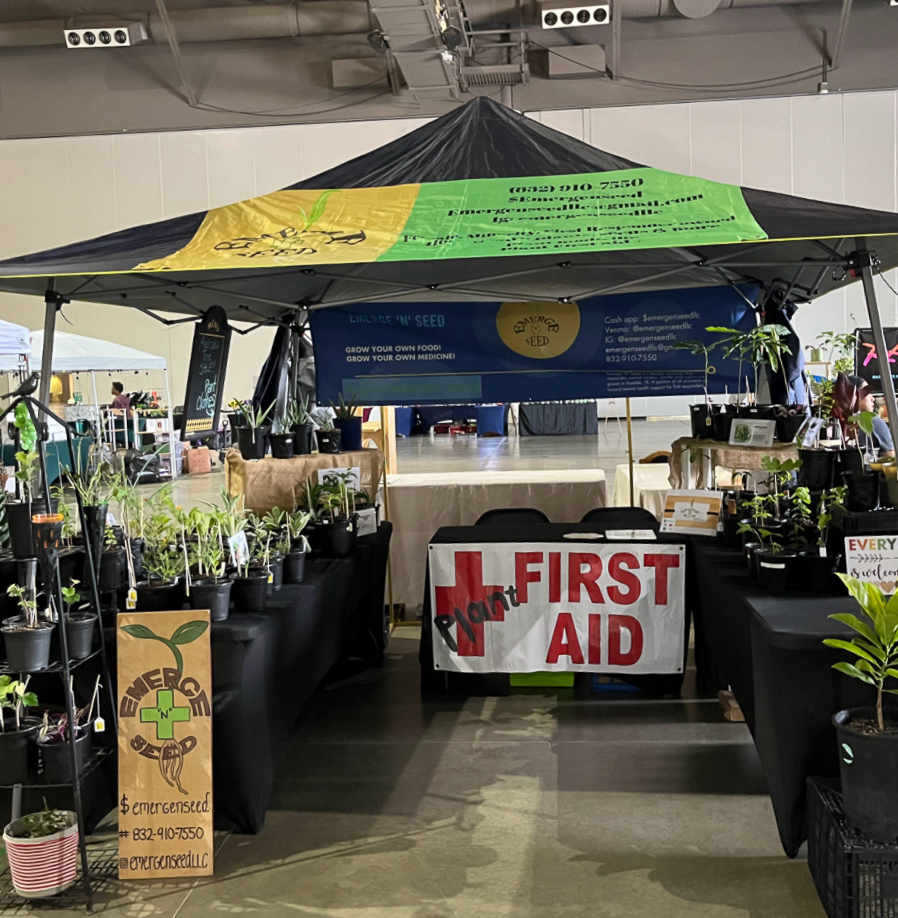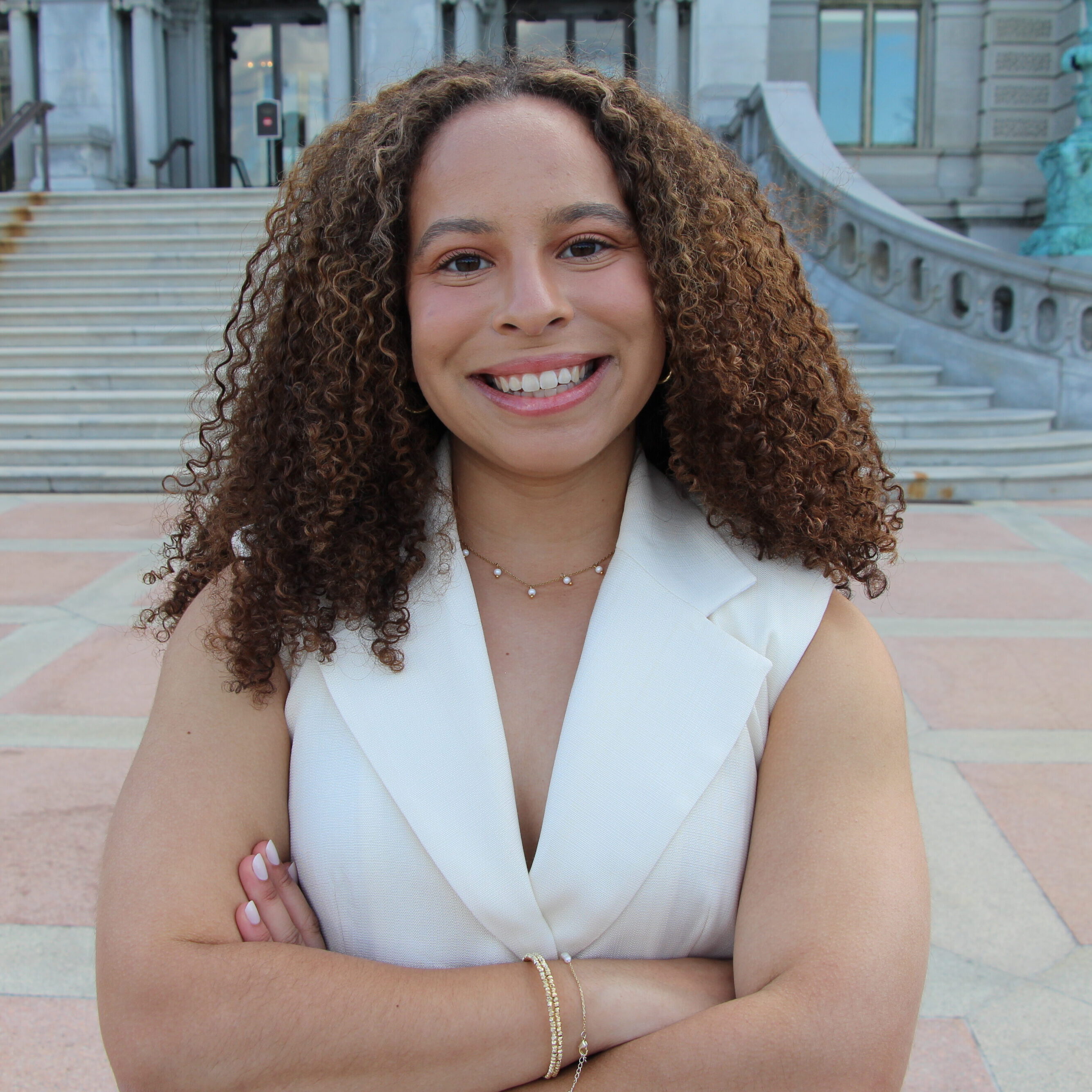What I’m looking for in a science story
Now, more than ever, the public needs science that is presented in an easily digestible and attention-holding format.
With a political climate that seems to reject the validity of science, the knee-jerk reaction is to become overly protective of science in its complicated base level. The scientific community worries that if science is diluted at all, it will lose its factual basis and be used as “alternative facts.”
We must be wary of science being used in a misguided or false manner, but we cannot abandon the idea of communicating accurate science. The United States needs a public that better understands the truths of science, therefore science must be presented in a manner that is more digestible while maintaining its validity.
That’s what I’m looking for here: Scientific sources that maintain the validity of information while framing it as an interesting — and enjoyable — story. The goal right now shouldn’t be for scientists and those who support them to lock themselves into scientific bomb shelters to protect science from the scary world outside. Instead, the goal should be to make real science more accessible and enjoyable, so we can change the narrative that surrounds it. Now that I’ve finished my little spiel, let’s get into what I’m actually looking for in these science stories:
Science
The whole point here is to increase the general public’s understanding of science. Therefore, the first thing I am looking for in a science story is an accurate description of the science. I don’t want stories that simply state the findings of a scientific study, then move on without explaining more. The story must involve how the science came to be and what its potential is in the real world. Who made this discovery? How did they make it? Why is it important? What is it used for? What is the potential for application in the future?
Above all else, these stories must maintain the validity of the original science. If the science is augmented or distorted to fit the narrative of the story, then it completely misses the point and risks being dismissed as “fake news.” If at all possible, the original scientists doing the research should be writing the piece or at least quoted in it, but if not, the story should include a credible scientist or professional in the field the science involves. This way we can make sure the science is being presented the way it should be. We want to better inform the public on accurate science, not continue the spread of misinformation or partial truths.
Story
There are key elements to a story that I am looking for and hoping to find. I understand it is ridiculous to hold these science stories to the same standards as “normal” stories, especially fictional stories. However, I do believe that most of these elements can be found in the origin and use of the science and can easily be incorporated into a science story in order to pique and keep the interest of the reader. The key elements I am looking for are:
- Character development: Give us someone or something to root for, care about, or relate to.
- Setting: Explain the location and time of the science to help us visualize what we are learning about.
- Hook: An introduction to the science or story that grabs the reader/viewer/listener’s attention, and makes them want to read or hear the whole thing.
- Conflict/challenges: No science occurs without some sort of problem or resistance. Tell us about the problem that had to be overcome.
- Resolution: Tell us how the challenges were overcome and what has come from it. If they have yet to become resolved, then explain why as well as how they might be able to in the future.
- Climax: A moment in the story where a significant event involving the science occurs. Something that helps define/shape the science. Examples could include the actual scientific breakthrough, a case study of the science being applied, or the passing of legislation involving the science.
Look, these stories don’t have to be Pulitzer Prize-worthy masterpieces that perfectly blend the intricacies of science and the allure of story. That would be nice, but it’s not necessary. All I’m looking for are examples of important science being told as a story that is accurate, understandable, and interesting.
I will be focusing my blog on environmental science as that is what I am interested in and most knowledgeable about. However, I hope the lessons I learn from this can be used to communicate any type of science in a more interesting way.
My next post will be looking at an actual science story, instead of just talking about it.
Until next time!
—Michael








